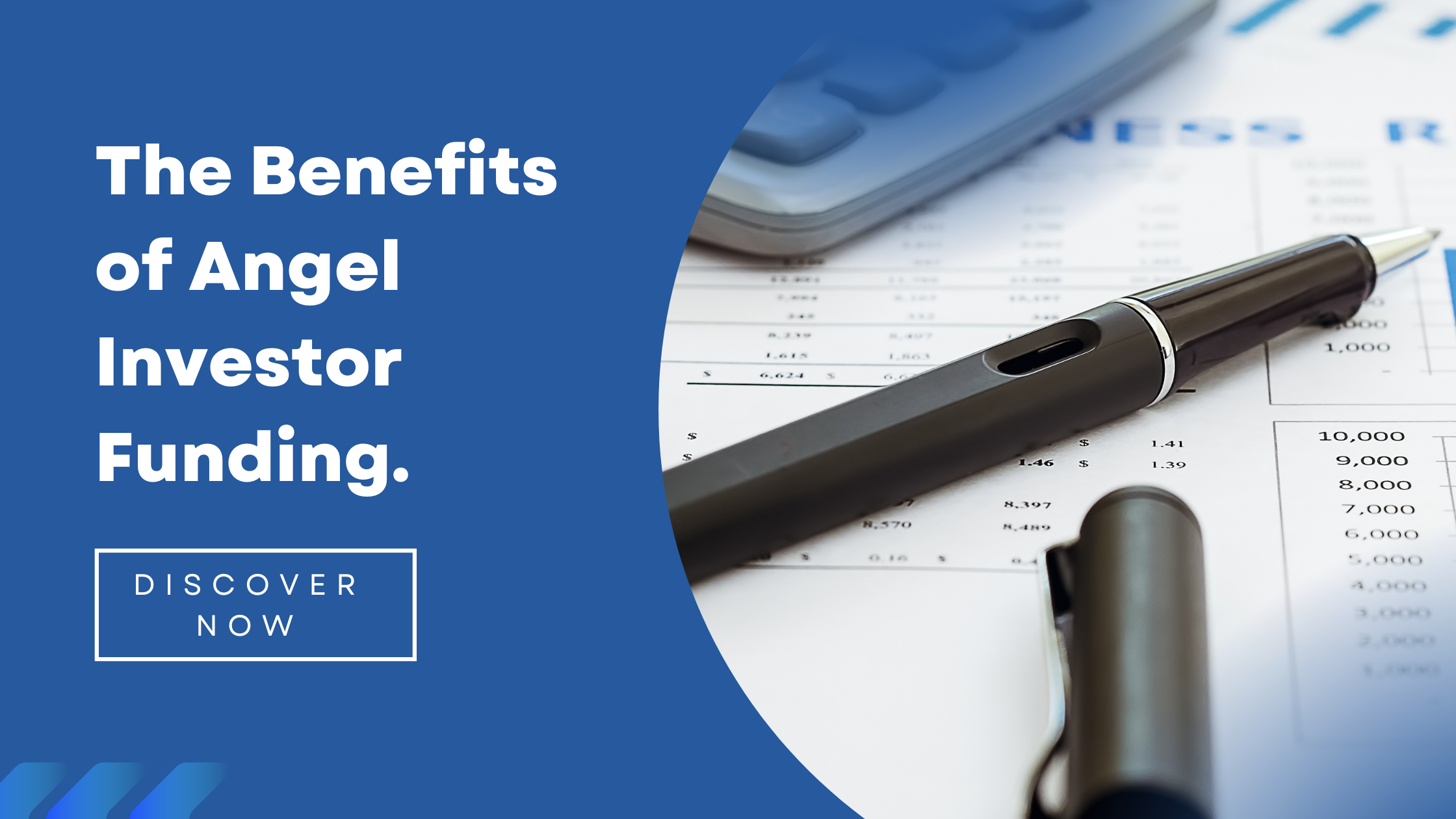
At the start of a business, the high level of risk associated with investing makes the business less attractive to financial institutions. So, entrepreneurs are turning to equity financing as a way to increase cash flow or collateral. Angel investors bridge the gap between savings from entrepreneurs and venture capital funds.
Who are these investors?
These investors who are executives, serial entrepreneurs, or have industry experience, don’t just infuse the startup with capital and wait for it to succeed. They bring a wealth of experience and share their knowledge at critical stages.
Startups with clear growth potential need to fund expensive activities such as product development or market expansion. Thus, they would benefit from both the expertise and the advice of a business Angel, not to mention the financial investment.
So how much do angel investors typically invest in startups? In most cases, they are willing to invest between $10,000 and $750,000.

Start-ups often go through times when they need a quick cash injection. But we all know that it can be complicated to access funds between $10,000 and $250,000, especially in the time available. With a Business Angel (or more), startup founders can access a significant amount of money, when they need it most.
The added value of business Angel
A Business Angel not only infuses capital into a business, but also adds value to the business. Most angel investors are seasoned investors with extensive experience in the industry they are investing in, which means they can also provide contacts and advice, supporting the growth of startups, call them and ask to participate with you to a negotiation when you need the support of a more experienced professional.

Business Angels fund startups with the money they need for business growth. In exchange, they receive a stake in the capital of the company, generally around 10%. If the startup achieves its projected growth, both parties benefit. Otherwise, the Angels do not recover their investment.
How to find these Business Angels?
There are currently a significant number of active Business Angels in Europe — finding them is not exactly the most difficult task. Convincing them that your startup is worth funding is another story. It’s not as simple as creating an eCommerce site or an online blog.
There are several investor groups that meet regularly to explore new opportunities available that might be worth investing in, both locally and regionally.
What about traditional lenders?
Traditional lenders may insist on formal investment criteria, while business angels, on the other hand, are not so strict when it comes to agreements. The fact that they invest their own money also means that they can be open to negotiating the terms of the deal, and are therefore generally more flexible and open to suggestions.

There are situations where angel investors “bet” their money on companies they care about. This happens because they can see their investment benefit the local community by creating new job opportunities and stimulating local economic growth, in addition to their own financial gain.
Often, startups maintain a close relationship with Business Angels at more mature stages, and sometimes even if the Business Angels are no longer part of their board of directors. Once they invest in your startup, Business Angels are fully committed to helping you grow.
Benefits like no other
Business Angels aren’t the only ones who can give back to their community by investing in a business, as they can be a positive influence and inspire founders to do the same. Angel investors see the big picture and encourage founders to foster an ecosystem of help and growth, while growing the business.
Another untapped advantage of getting funds from Business Angels is that you don’t need to make monthly payments on your investment like interest rates. Unlike financial institutions, angel investors receive the share of profits that is equal to their initial investment. This usually happens when the founders retire or at least only after the company starts generating profits.

Most types of capital or debt that a business can access also involves a lengthy due diligence process. Contrary to this, business angels act quite quickly. Many of them can complete the process in 30 days or less because they usually invest in startups led by people they trust.
Investors who would get involved in your business
Angel investors are not a suitable option only for startups. They might as well join a late-stage company, already on the verge of success for example, as long as their contribution can have a significant impact. Thanks to the flexibility of the agreements, they are often willing to negotiate, so that both parties involved can get the best deal possible.
Besides experience, angel investors have a high profile. This can play a very important role in building your brand. It certainly depends a lot on the investors, as some of them prefer to keep a low profile, but accessing their industry connections will definitely make a difference in the long run.
Also, when a reputable Business Angels or group of Business Angels invests in your startup, that’s usually a good reason to put out a press release.
Conclusion
After taking a closer look at the benefits of business angel funding, one thing is clear: the right partnership can take your business to new heights. Angel investors have a keen eye on companies that can achieve the desired growth. Receiving funding from them is in itself an acknowledgment that you are on the right path to building your vision.






One thought on “The Benefits of Angel Investor Funding.”